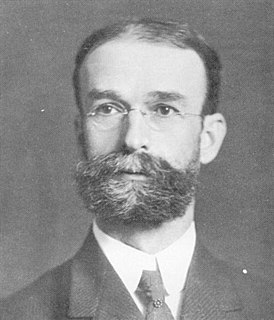A Quote by Philip Kitcher
If the research agenda reflects "market forces", the problems of the poor are likely to be even more neglected than they already are.
Related Quotes
We can make market forces work better for the poor if we can develop a more creative capitalism-if we can stretch the reach of market forces so that more people can make a profit, or at least make a living, serving people who are suffering from the worst inequities. ... You have more than we had; you must start sooner, and carry on longer.
The challenge here is to design a system where market incentives, including profits and recognition, drive those principles to do more for the poor. I like to call this idea creative capitalism, an approach where governments, businesses, and nonprofits work together to stretch the reach of market forces so that more people can make a profit, or gain recognition, doing work that eases the world's inequities.
The positive outlook that optimists project does not come from ignoring or denying problems. Optimists simply assume that problems are temporary and can be solved, so optimists naturally want more information about problems because then they can get to work and do something. Pessimists are more likely to believe that there is nothing they can do anyway, so what's the point of even thinking about it?
Drug companies spend more on advertising and marketing than on research, more on research on lifestyle drugs than on life saving drugs, and almost nothing on diseases that affect developing countries only. This is not surprising. Poor people cannot afford drugs, and drug companies make investments that yield the highest returns.
The book Dynamic Programming by Richard Bellman is an important, pioneering work in which a group of problems is collected together at the end of some chapters under the heading "Exercises and Research Problems," with extremely trivial questions appearing in the midst of deep, unsolved problems. It is rumored that someone once asked Dr. Bellman how to tell the exercises apart from the research problems, and he replied: "If you can solve it, it is an exercise; otherwise it's a research problem."
































